Witness the intriguing symbolism of the '4th Watch' in the Bible, a period of the night brimming with historical and spiritual insights.
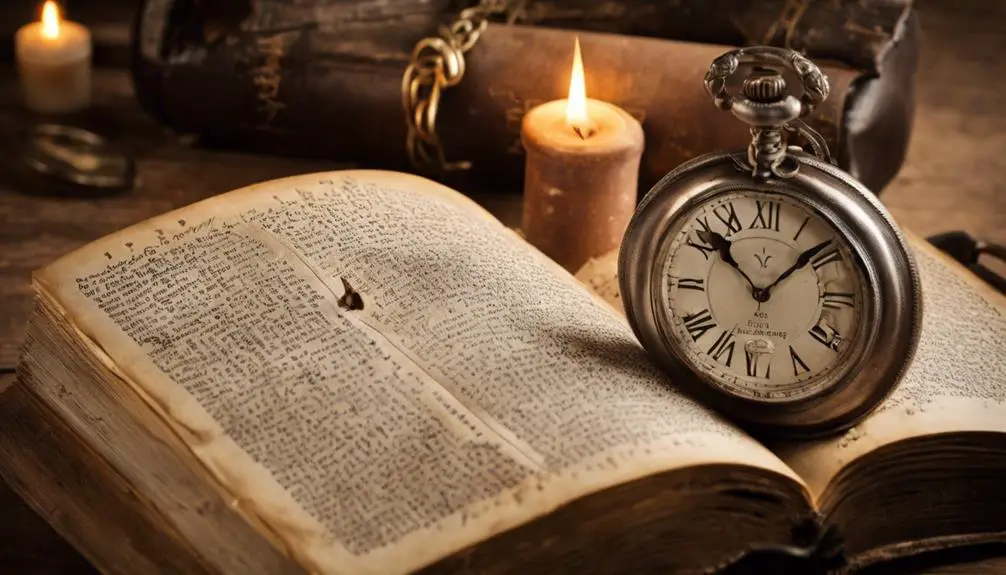
4th Watch in the Bible
Just by chance, have you ever come across the term '4th Watch' in your Bible studies? It's a phrase that crops up a few times in the New Testament, yet it's often overlooked in casual conversation.
You might find it intriguing to learn that the '4th Watch' refers to the final part of the night, a period steeped with symbolic and historical significance in Biblical times.
Now, imagine the insights you could uncover by exploring this concept further. What revelations might it hold for your own spiritual journey?
Key Takeaways
- The '4th Watch' represents the darkest period before dawn, symbolizing struggle before breakthrough in biblical context.
- The '4th Watch' is explicitly mentioned in the Gospels and represents divine power and authority.
- Historically, the '4th Watch' reflects a blend of Jewish customs and Roman influence, indicating heightened spiritual activity.
- Today, the '4th Watch' can be utilized for prayer, reflection, and spiritual growth, fostering a deeper understanding of oneself.
Understanding the '4th Watch

To fully grasp the concept of the '4th Watch' in the Bible, you'll need to delve into the ancient Jewish system of timekeeping, which divided the night into four distinct watches. This methodology was based on Roman military practices and has significant symbolism in Biblical texts.
The '4th Watch' typically refers to the last segment of the night, from roughly 3 AM to 6 AM. This partitioning provided a practical function for ancient societies, allowing them to organize tasks, rituals, and guard duties. However, the symbolism of the '4th Watch' goes beyond the simple demarcation of time.
In this context, the '4th Watch' often symbolizes a period of intense darkness before the dawn, a time of struggle before the arrival of light. It's a symbol of the final and most challenging part of a given trial or tribulation, right before a breakthrough. This understanding is rooted in the inherent characteristics of this time period – the deepest part of the night when it's darkest before dawn.
Thus, the '4th Watch' symbolism in biblical texts and its relation to ancient timekeeping methods provides a rich layer of meaning, reflecting both societal functions and spiritual connotations.
Biblical References to the '4th Watch

Now that you have a grasp on the symbolic significance of the '4th Watch', let's examine specific biblical passages where this concept is referenced. The '4th Watch' symbolism is most explicitly presented in the New Testament, specifically in the Gospel of Matthew (14:25) and Mark (6:48). In these passages, Jesus walks on water during the 4th Watch, demonstrating his divine power and authority.
This event's timing is significant. In Biblical timekeeping, the 4th Watch, occurring between 3 am to 6 am, is the final phase of the night, a time often associated with darkness, struggle, and despair. Yet, it's also a moment of anticipation for the new day's dawn. Hence, Jesus's miracle during the 4th Watch symbolizes the hope and salvation brought forth despite the darkest hours.
Furthermore, in Luke 12:38, servants are blessed if they're found watching during the 2nd or 3rd watch. Interestingly, no explicit mention of the 4th Watch appears here, adding a layer of complexity to its interpretation. This omission could imply that the 4th Watch's challenges require special vigilance, reinforcing its symbolic significance in the Bible.
Historical Context of the '4th Watch
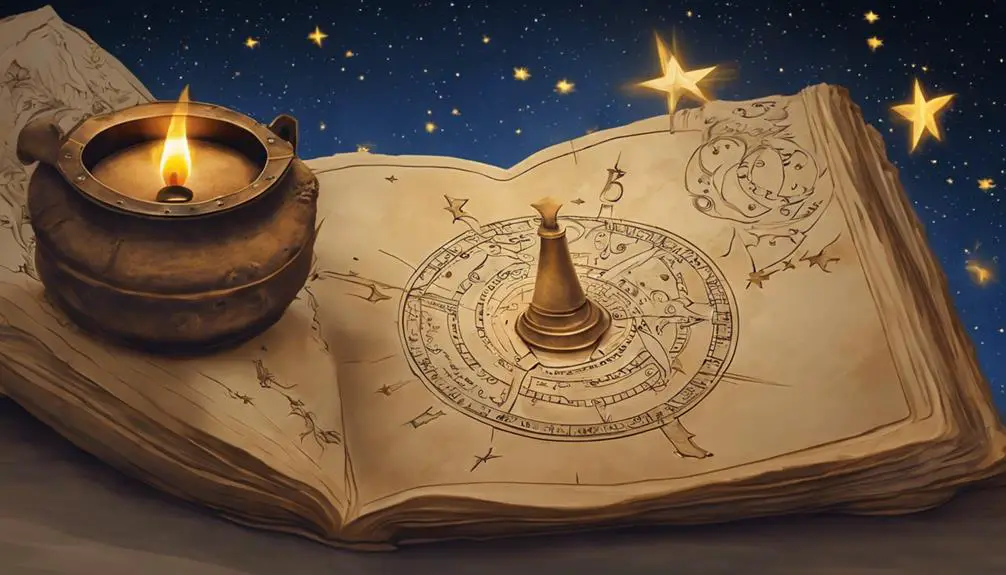
Understanding the historical context of the '4th Watch' can offer you a deeper insight into its significance in biblical times. The 4th Watch, which typically spans from 3 to 6 AM, is deeply embedded in Jewish customs and influenced by the Roman system of timekeeping.
The Jewish day was divided into 12 hours starting from sunrise and ending at sunset, which was then followed by the night watches. These watches were initially three but later shifted to four due to Roman influence. The Romans, unlike the Jews, divided their day into four equal parts, each comprising three hours.
The 4th Watch was considered the last division of the night, right before dawn. This period was often associated with heightened spiritual activity, vigilance, and readiness. It was a time when people were expected to be alert, preparing for the new day.
The Roman influence on the Jewish custom of timekeeping is evident in the 4th Watch. The adoption of a four-watch system from the Romans brought consistency to the ambiguous three-watch system of the Jews. Therefore, understanding the historical context of the 4th Watch entails recognizing the blend of Jewish customs and Roman influence within it.
Theological Interpretations of the '4th Watch
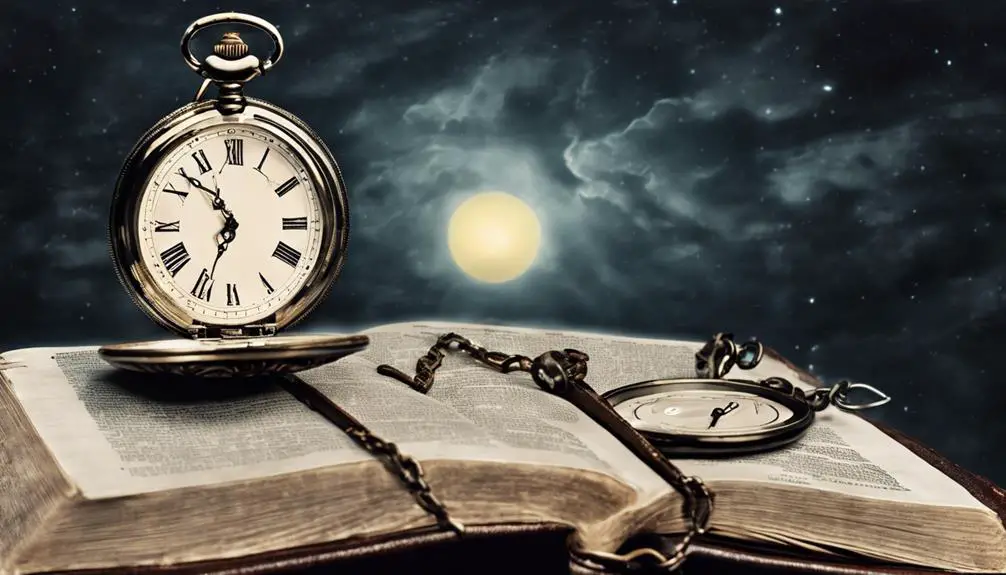
Having explored the historical context of the 4th Watch, let's turn our attention to its theological interpretations, which offer profound insights into its spiritual significance. The '4th Watch' symbolism is rich and varied across different faith traditions, but generally, it signifies a time of divine intervention or spiritual awakening.
In many modern religious perceptions, the 4th Watch is considered a period of heightened spiritual activity. It's thought to be a time when the divine is most accessible, offering a unique opportunity for prayer and reflection. The 4th Watch represents the final hours before dawn, a period often associated with perseverance, expectation, and the hope of a new day.
Theologically, it's often linked with the concept of waiting for divine deliverance. Just as the dawn breaks at the end of the 4th Watch, bringing light to the darkness, many believe that this is a metaphor for the spiritual illumination that comes with faith.
Applying the '4th Watch' Today
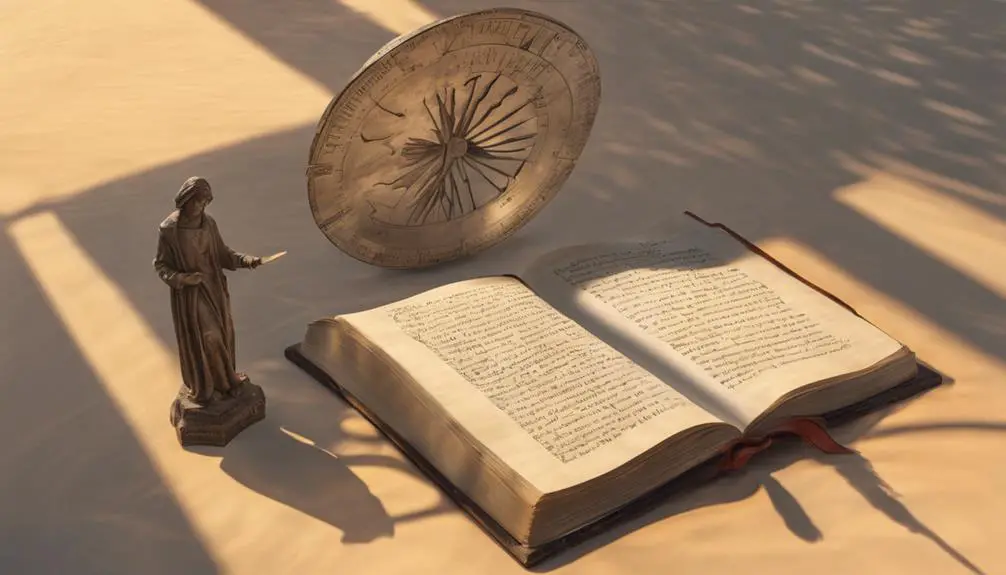
In today's fast-paced world, you might wonder how the concept of the '4th Watch' can be applied to daily life and personal spirituality. It's all about time management and spiritual discipline.
Consider the '4th Watch' as a dedicated time for reflection, prayer, or meditation. Just as it was the last watch of the night in biblical times, make it your last activity before the day ends. This can help you review your day, plan for tomorrow, and connect with your spiritual beliefs.
Here's how you can apply it. Firstly, maintain a regular schedule. Consistency aids in forming habits. Secondly, use this time for self-reflection and spiritual growth. You'll find it's a unique way of achieving spiritual discipline, while also managing your time effectively.
Lastly, remember the significance of the '4th Watch'. It's a time of quiet and solitude, away from the hustle and bustle of daily life. It's your personal space to connect with your spiritual side, fostering a deeper understanding of yourself and your beliefs.
Frequently Asked Questions
What Other Watches Are Mentioned in the Bible Apart From the '4th Watch'?
You're right to explore watch symbolism and significance in the Bible. Apart from the 4th watch, it mentions three other watches: the 1st (evening), 2nd (midnight), and 3rd (cock-crowing).
These watches aren't just times, they're laden with symbolic meanings, often representing different stages of spiritual development or critical events.
How Is the '4th Watch' Concept Used in Modern Christian Practices?
In modern Christian practices, you'll find the concept of '4th Watch' used in areas like '4th Watch Evangelism.' It's a time dedicated to prayer, usually between 3 am and 6 am, seen as a significant period for spiritual warfare.
Additionally, it influences 'Modern Worship Timing', shaping the scheduling of worship services. It's not just symbolic but also practical, fostering a disciplined and focused prayer life.
Are There Any Other Religious Texts That Refer to the '4th Watch' or Similar Concepts?
You're curious about references to the '4th watch' or similar concepts in other religious texts. While the '4th watch' is specific to the Bible, other religions have similar watch interpretations.
For instance, in Islam, there's the concept of 'Salat' or prayer times, which sections the day into parts.
In Judaism, the day's divided into watches too. However, the specifics may vary, reflecting unique religious beliefs and practices.
How Has the Interpretation of the '4th Watch' Changed Over Time?
Over time, you've seen '4th Watch' symbolism shift in interpretation. Initially, it was a metaphor for late night prayer. Now, it's often seen as a spiritual awakening period.
The cultural impact of this shift is profound, reshaping personal rituals and community practices. As these changes continue, you'll likely see new meanings and practices tied to the '4th Watch'.
It's a dynamic concept, constantly evolving to fit contemporary spiritual needs.
Are There Any Controversies or Debates Regarding the Understanding of the '4th Watch'?
Yes, there are controversies regarding the '4th watch' symbolism. Some view it as a time of spiritual significance, while others see it merely as a cultural interpretation.
Debates often arise over the extent to which it should influence our daily routines and prayer times.
It's crucial to research and understand the different perspectives to form your own informed opinion on this complex and intriguing topic.
Conclusion
In conclusion, understanding the '4th Watch' concept requires a deep dive into the Bible, historical context, and theological interpretations. It's not just about time, but also spiritual vigilance and devoted prayer.
By applying the '4th Watch' today, you're embracing a biblical tradition, enriching your spiritual journey. Remember, it's not about the literal hour but the profound meaning behind it.
Keep exploring these biblical concepts, they're more than just text, they're life lessons.


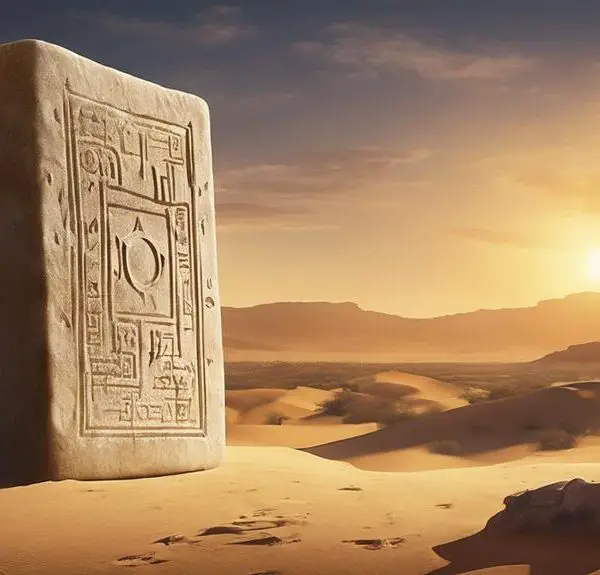
Sign up